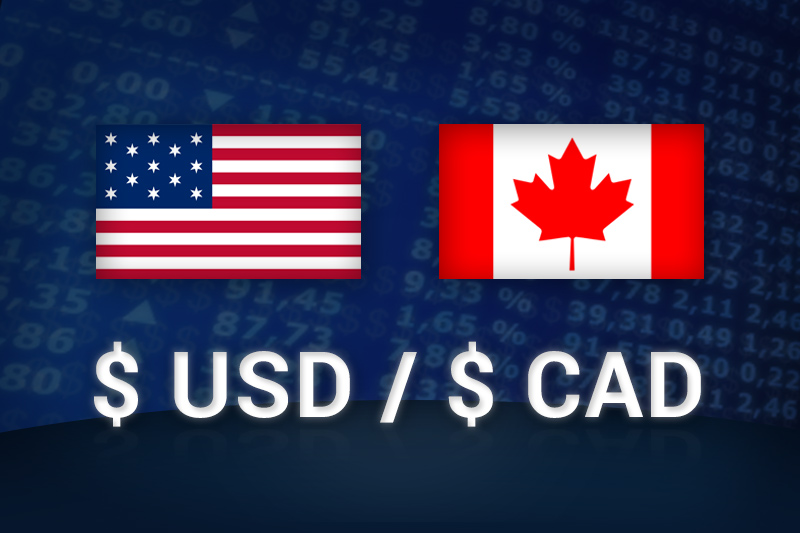Investing.com’s stocks of the week
Investing.com - The U.S. dollar trimmed gains against its Canadian counterpart on Friday, after the release of relatively positive economic data out of Canada, although fresh U.S. debt concerns supported safe haven demand.
USD/CAD pulled away from 1.0301, the pair's highest since September 18, to hit 1.0283 during early U.S. trade, still up 0.18%.
The pair was likely to find support at 1.0202, the low of September 18 and a three-month low and resistance at 1.0355, the high of September 13.
In a report, Statistics Canada said that core consumer price inflation, excluding the eight most volatile items, rose 0.2% in August, more than the expected 0.1% increase, after a flat reading the previous month.
Consumer price inflation in Canada was flat last month, confounding expectations for a 0.1% rise, after a 0.1% increase in July.
Meanwhile, investors remained cautious investors as U.S. Republicans and Democrats were forced to quickly decide on how to continue funding the government and whether to increase the government's borrowing authority by raising the debt ceiling.
If President Barack Obama's administration and Republicans do not come to an agreement to raise the nation's borrowing cap before October, the U.S. Treasury may be able to avoid exceeding the USD16.7 trillion debt limit, which could send the country into default.
The loonie was also lower against the euro with EUR/CAD gaining 0.20%, to hit 1.3917.
In the euro zone, investors were eyeing the outcome of Germany's general election on Sunday, with Chancellor Angela Merkel looking to secure a third term.
Trading volumes were expected to remain light on Friday, as no U.S. economic data was to be released throughout the session.
USD/CAD pulled away from 1.0301, the pair's highest since September 18, to hit 1.0283 during early U.S. trade, still up 0.18%.
The pair was likely to find support at 1.0202, the low of September 18 and a three-month low and resistance at 1.0355, the high of September 13.
In a report, Statistics Canada said that core consumer price inflation, excluding the eight most volatile items, rose 0.2% in August, more than the expected 0.1% increase, after a flat reading the previous month.
Consumer price inflation in Canada was flat last month, confounding expectations for a 0.1% rise, after a 0.1% increase in July.
Meanwhile, investors remained cautious investors as U.S. Republicans and Democrats were forced to quickly decide on how to continue funding the government and whether to increase the government's borrowing authority by raising the debt ceiling.
If President Barack Obama's administration and Republicans do not come to an agreement to raise the nation's borrowing cap before October, the U.S. Treasury may be able to avoid exceeding the USD16.7 trillion debt limit, which could send the country into default.
The loonie was also lower against the euro with EUR/CAD gaining 0.20%, to hit 1.3917.
In the euro zone, investors were eyeing the outcome of Germany's general election on Sunday, with Chancellor Angela Merkel looking to secure a third term.
Trading volumes were expected to remain light on Friday, as no U.S. economic data was to be released throughout the session.
